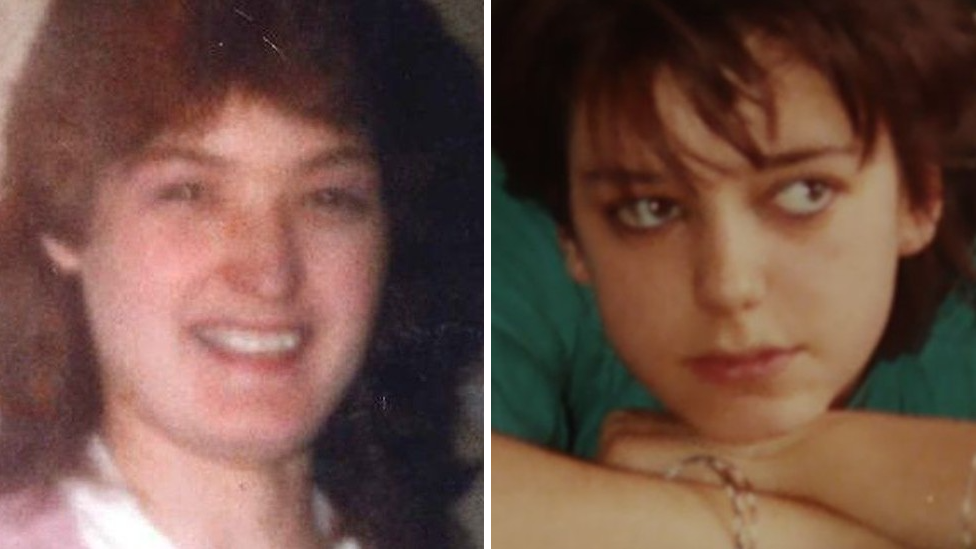David Fuller: NHS failures enabled killer to abuse bodies - report
- Published
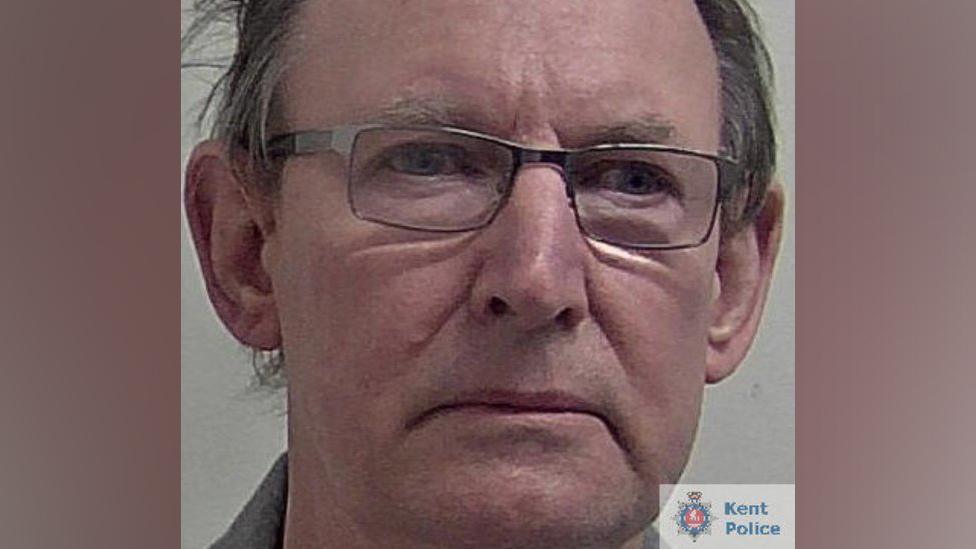
Double murderer David Fuller abused the bodies of at least 101 women and girls
Mortuary abuser David Fuller was able to offend without being caught because of "serious failings" at the hospitals where he worked, an inquiry has found.
Between 2007 and 2020, Fuller abused the bodies of at least 101 women and girls in Kent hospitals.
Inquiry chair Sir Jonathan Michael said "there were missed opportunities to question Fuller's working practices".
He added the abuse "had caused shock and horror across our country and beyond".
The inquiry has made 17 recommendations to prevent "similar atrocities".
These include installing CCTV cameras in mortuaries, ensuring non-mortuary staff are always accompanied and that bodies are not left out of fridges overnight.
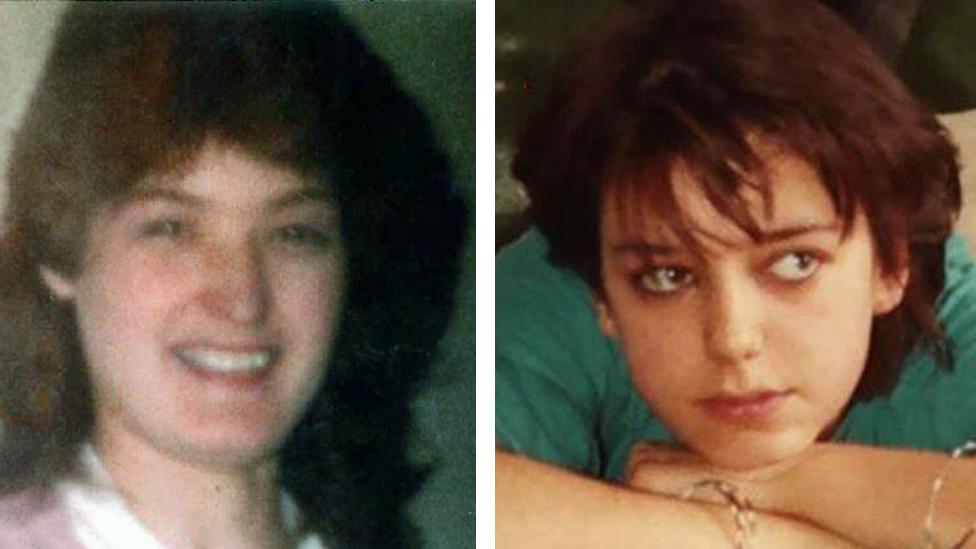
Wendy Knell and Caroline Pierce were murdered in 1987 in Tunbridge Wells
Fuller, who is 69, was given two whole-life sentences in 2021 for murdering Wendy Knell and Caroline Pierce and jailed for a total of 16 years for abusing corpses, meaning he will die in prison.
As well as failures of management at Maidstone and Tunbridge Wells NHS Trust, Sir Jonathan said there had been a "failure to follow standard policies and procedures, together with a persistent lack of curiosity".
"The senior management of the trust were aware of problems in the running of the mortuary from as early as 2008. But there is little evidence that effective action was taken to remedy these," he said.
There had been "little regard" given to who was accessing the mortuary, with Fuller visiting 444 times in a year - something that had gone "unnoticed and unchecked".
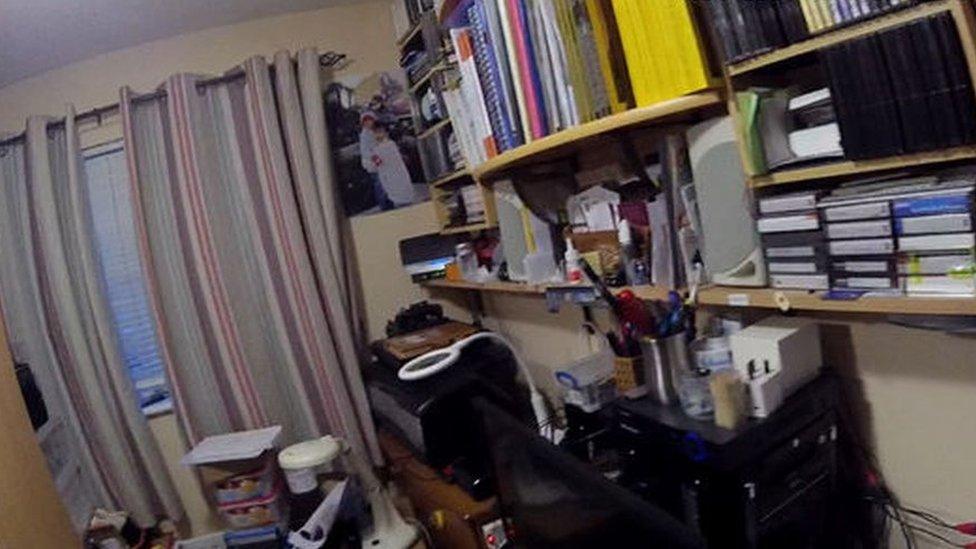
Fuller's home office contained millions of images of his abuse on hard drives, discs, USB sticks, and in hard copies
Sir Jonathan said: "In identifying such serious failings, it's clear to me that there is the question of who should be held responsible."
He said Fuller's behaviour was not something that could easily be anticipated.
"It is out of the ordinary, but that is precisely why you have policies and procedures and protocols to pick up that which is out of the ordinary."

Analysis
By Mark Norman, Health Correspondent, BBC South East
This report was far more critical of the hospital trust than many observers, myself included, had expected.
The Tunbridge Wells Hospital at Pembury, where more than half of all Fuller's crimes were committed, was brand new, had state of the art facilities, and was regularly inspected.
While the trust and its managers face up to the criticism in Sir Jonathan's report there will also be questions to be answered about that inspection regime and whether it is fit for purpose.
But while this was a difficult day for the NHS, it will have been horribly traumatic for families knowing that, if the hospital managers had done a better job, Fuller might not have been able to offend "unnoticed and unchecked" for years.

Fuller, from Heathfield, East Sussex, worked as a maintenance supervisor at hospitals in Tunbridge Wells in Kent over three decades.
He committed the offences at mortuaries in the now-closed Kent and Sussex Hospital, and its successor, the Tunbridge Wells Hospital at Pembury, between 2007 until his arrest in 2020.
Fuller gained access to morgues using his employee swipe card, choosing times when he knew staff had gone home so the areas were left unattended.
There, he systematically abused at least 101 corpses, the youngest of which was aged nine and the oldest 100 years old.
At his trial, the court heard how he would visit "the same bodies repeatedly".
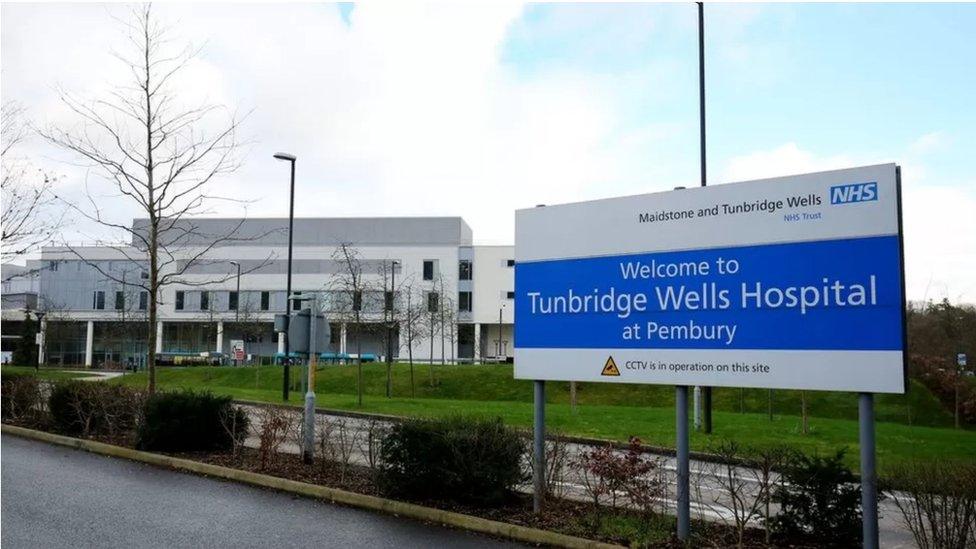
The Tunbridge Wells Hospital at Pembury replaced the now-closed Kent and Sussex Hospital
Responding to the inquiry's report, Maidstone and Tunbridge Wells NHS trust chief executive Miles Scott said the findings contained "important lessons for us".
He said "the vast majority" of the recommendations made by the inquiry had "already been actioned in the period since Fuller's arrest and we will be implementing the remaining recommendations as quickly as possible."
In a written statement to parliament, health minister Maria Caulfield said: "I want to profoundly apologise on behalf of the government and the NHS, and commit that lessons will be learnt.
"We fully welcome the report and will ensure that there is a full response to the recommendations in spring 2024, and that lessons are learned across the wider NHS so that no family has to go through this experience again."
A second part of the inquiry was launched in July to review how people who have died are cared for around the country, focusing on safeguarding in private mortuaries, private ambulances and funeral directors.
The findings of this part of the inquiry are expected in 2024.

Follow BBC South East on Facebook, external, on X, external, and on Instagram, external. Send your story ideas to southeasttoday@bbc.co.uk, external.
Related topics
- Published3 November 2022
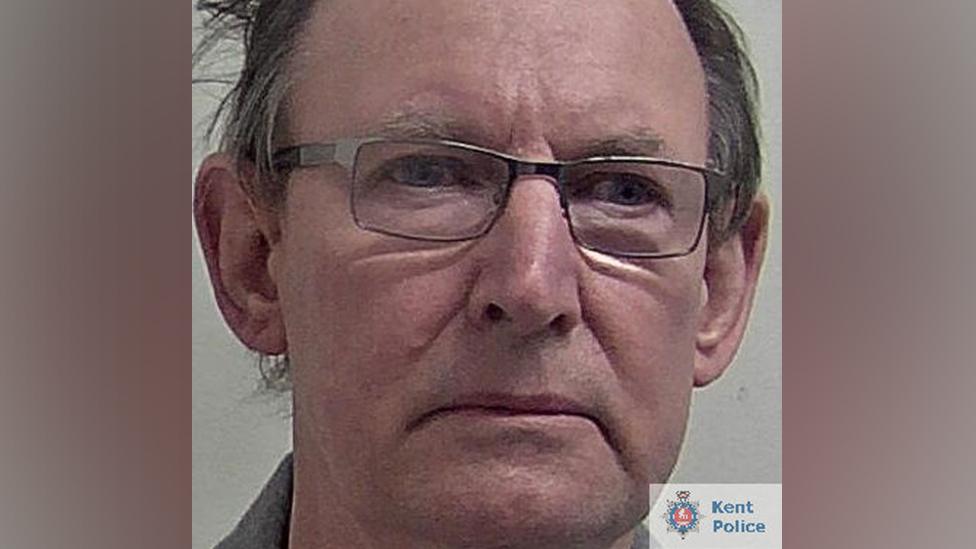
- Published4 October 2022
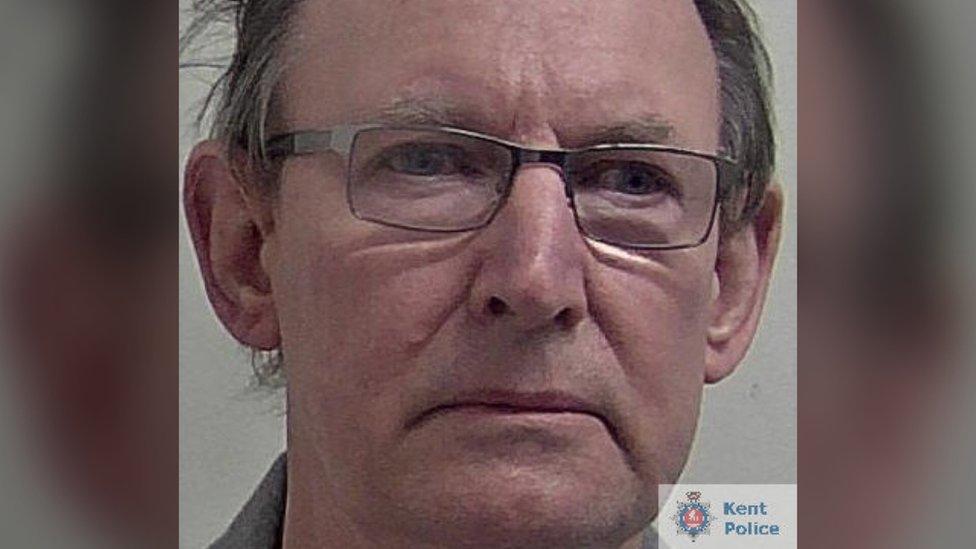
- Published7 December 2022

- Published5 November 2021
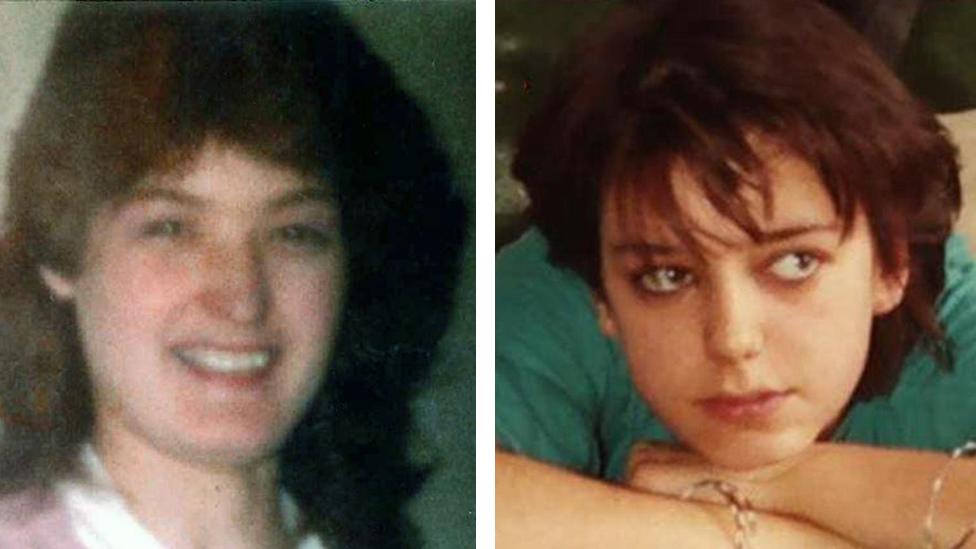
- Published4 November 2021
